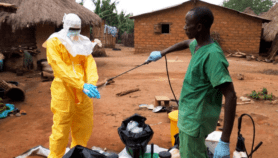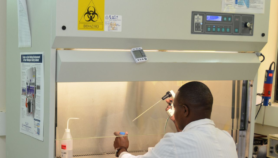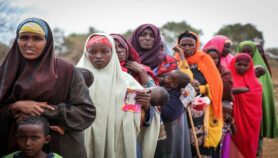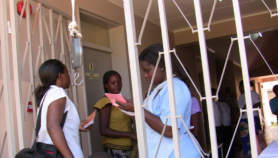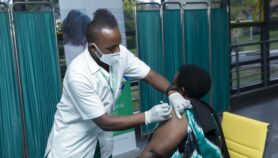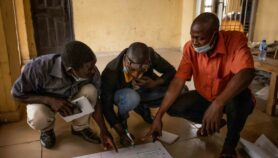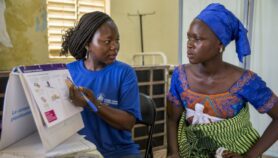13/05/20
COVID-19: Vaccine is Africa research priority
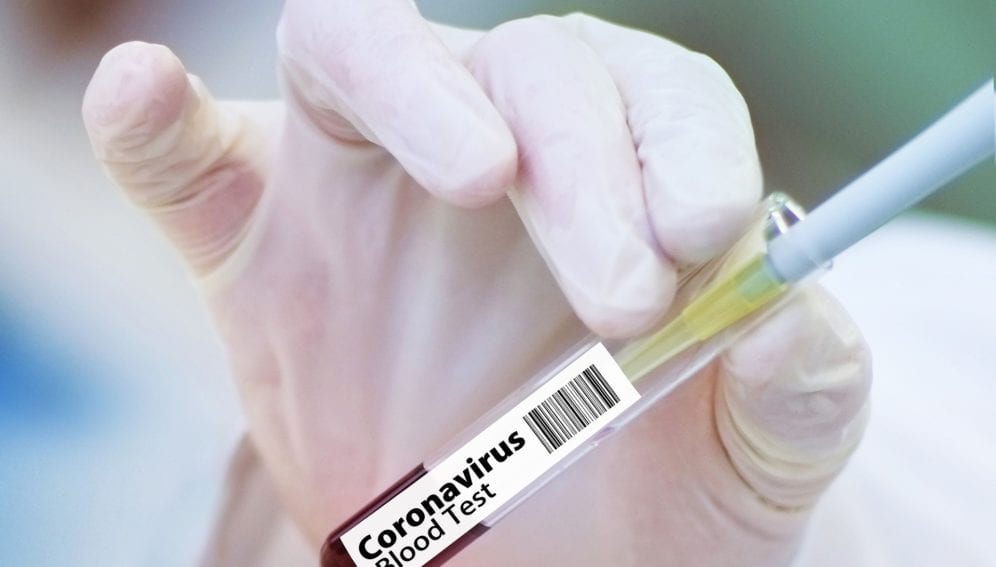
By: Sam Otieno
Send to a friend
The details you provide on this page will not be used to send unsolicited email, and will not be sold to a 3rd party. See privacy policy.
[NAIROBI] Africa’s research community says vaccine development should be a priority, a regional study has found.
Africa’s distinct research needs go beyond the global COVID-19 recommendations of the World Health Organization, and controlling the pandemic in Africa requires research and development that reflects the realities of its impact on the continent, the study suggests.
According to the findings of the survey conducted by the African Academy of Sciences (AAS), Africa needs to prioritise research and development areas such as infection prevention and control, including healthcare workers’ protection, as well as epidemiological studies and clinical management.
Ethical considerations for research, the virus onset and progression, transmission and diagnostics, and social sciences in the outbreak response should also be prioritised.
“It is clear that the context in many African countries, and indeed in low- and middle-income countries globally, is very different.”
Kevin Marsh, African Academy of Sciences
The World Health Organization convened a global meeting of experts in February at its Geneva headquarters to create a blueprint on COVID-19 R&D, but the study’s findings suggest that African researchers have priorities that were not captured in the WHO blueprint, says Kevin Marsh, senior advisor of the AAS.
“There was minimal involvement of African researchers or policymakers in the [WHO] process,” explains Marsh, adding that the original WHO consultation was held at a time when the focus was on China and Europe.
“It is clear that the context in many African countries, and indeed in low- and middle-income countries globally, is very different in many respects from that of China and Europe.”
For example, in Africa, there is a need to focus on potentially at-risk groups including malnourished individuals, people with HIV, TB and sickle cell disease, Marsh tells SciDev.Net.
Other research priorities in Africa include investigating innovative approaches to short-term economic support of vulnerable populations, such as cash transfer by mobile money transfer mechanisms.
The findings resulted from an online survey conducted last month (4-8 April) involving 844 researchers, with 79 per cent based in African institutions, about 13 per cent from institutions outside Africa but currently working in Africa, and research leaders and postdoctoral researchers accounting for 60 per cent of respondents.
The results, released in April, generally support the COVID-19 R&D priorities identified by the WHO, the study says.
“Other additional priorities are genuinely new and distinct, for instance developing protocols for the management of severe disease in the absence of intensive care facilities or examining optimal ways of communicating about potential interventions in high-density… urban settings,” the study adds.
Marsh says that the AAS is working with partners to build capacity to mitigate continuing impacts and the resilience to deal with future pandemics.
For example, the AAS has called for proposals for Africa-based institutions to address COVID-19 research priorities that the study identified, with each grant being up to US$200,000 over two years.
Babatunde Salako, director-general of the Nigerian Institute of Medical Research, tells SciDev.Net that African researchers should focus on designing and developing home-grown diagnostics kits.
“We also need to prioritise drug development especially looking into many of our local herbs,” explains Salako, adding that doing so could lead to saving funding meant for buying orthodox medicines, and lead to economic prosperity for Africa.
“Policymakers for research in African countries want to know specific areas that they need to focus on in channeling limited research funds,” Alobo says.
This piece was produced by SciDev.Net’s Sub-Saharan Africa English desk.
References
Research and Development goals for COVID-19 in Africa: The African Academy of Sciences priority setting exercise (African Academy of Sciences, 24 April 2020)


